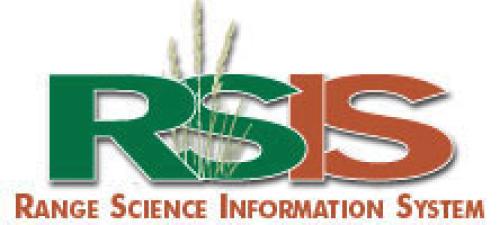Laycock states that past history of range management is important in understanding where we are and how we got here. However, dogmatic clinging to the past, has, in some situations, hindered our ability to make rapid progress toward understanding and improvement of the management of rangelands. One such concept is that of range readiness, which delays start of grazing until a certain plant growth target has been met. While useful for continuous grazing systems, this concept may actually be detrimental when applied to a rotation system. Other rule-of-thumb concepts include using utilization as an objective when it properly is a tool, inappropriate use of rest, and continued efforts to attempt to determine apparent trend instead of measuring trend over time. Laycock notes that we continue to perpetuate myths that have no basis in fact including: the Intermountain region evolved without heavy grazing pressure, the Western U.S. was "pristine" prior to the arrival of the Europeans, and bison were migratory animals which minimized their impact on the rangeland. Laycock asks that we try to recognize when concepts and ideas from our past are no longer pertinent and to adopt new concepts when and where needed.

Citations and enhanced abstracts for journals articles and documents focused on rangeland ecology and management. RSIS is a collaboration between Montana State University, University of Idaho, and University of Wyoming.